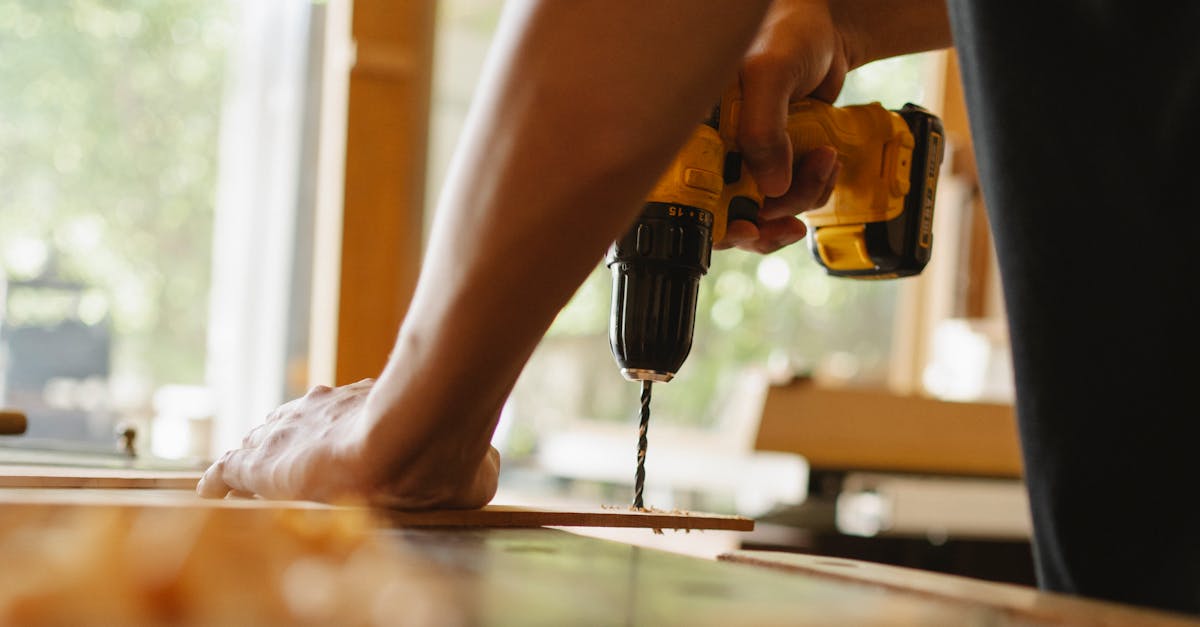Improve Your Golf Swing By Improving Your Tempo
Tempo in the golf swing involves the timing, sequencing, and feel of each phase from address to follow-through. Developing this rhythm requires patience and a comprehensive approach, including proper instruction, consistent practice, swing drills, training aids, and a dedicated golf fitness program. Mastery of tempo comes from integrating these elements effectively, as no single method alone will achieve the desired results. Combining these tools helps create a smooth, controlled golf swing, leading to better consistency and performance on the course. Regularly assessing and refining your tempo will further enhance your game and help you reach your full potential.


























